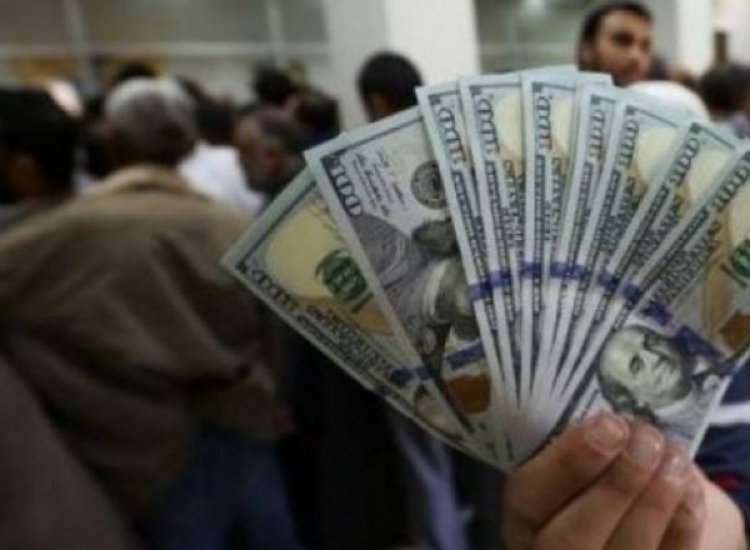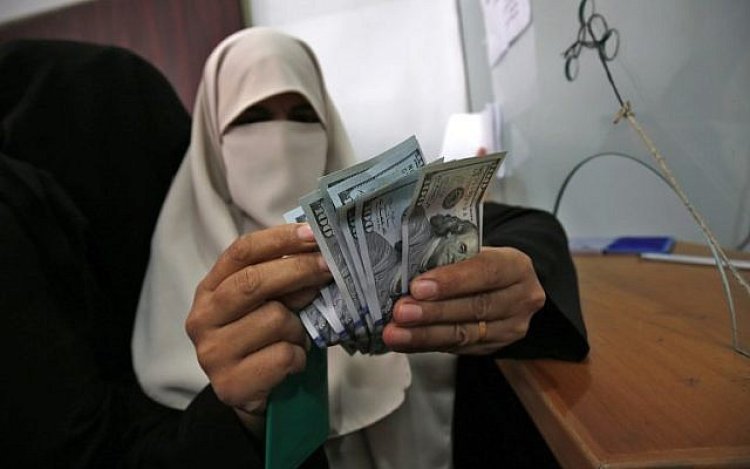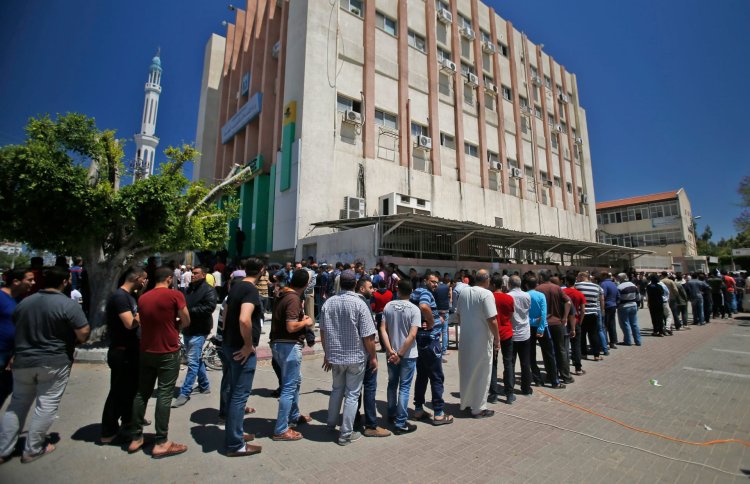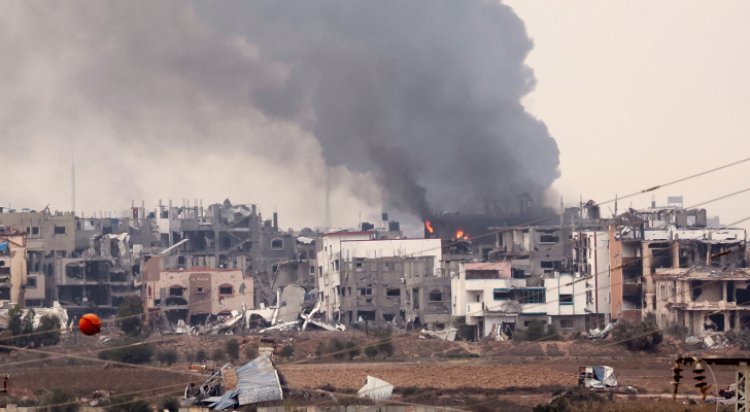Why did Israel facilitate Qatari payments to Gaza?

Since the Hamas attack on Israel on October 7, Qatar has been criticized by Israeli officials, American politicians and the media for sending hundreds of millions of dollars in aid to the Gaza Strip, which is ruled by Hamas, but it all happened with Israel's blessing.
In a series of interviews with prominent Israeli figures conducted in cooperation with the Israeli investigative journalism organization Shomrim, CNN was told that Prime Minister Benjamin Netanyahu continued to allow money to be sent from Qatar to Hamas, despite concerns raised from within his government.
Qatar pledged not to stop these payments, and Qatari Minister of State for Foreign Affairs Mohammed bin Abdulaziz Al-Khulaifi told CNN anchor Becky Anderson on Monday that his government would continue sending money to Gaza “as it has been doing for years.”
He added: "We will not change our commitment. We are committed to continuing to provide assistance and support to our Palestinian brothers and sisters, and we will continue to do so in an organized manner as we did before."
Israeli sources indicated that successive governments facilitated the transfer of funds to Gaza for humanitarian reasons, and that Netanyahu acted decisively against Hamas after the October 7 attacks.

When did Qatari payments start?
In 2018, Qatar began sending monthly payments to the Gaza Strip, sending about $15 million to Gaza in bags full of cash, which the Qataris delivered through Israeli territory after months of negotiations with Israel.
The payments began after the Palestinian Authority decided to cut the salaries of government employees in Gaza in 2017, an Israeli government source familiar with the matter told CNN.
The Palestinian Authority opposed Qatari funding at the time, which Hamas said was intended to pay salaries as well as for medical purposes.
Israel approved the agreement at a security cabinet meeting in 2018, when Netanyahu was serving his previous term as prime minister.
Even then, Netanyahu was criticized by his coalition partners for the agreement and for being “too lenient with Hamas.”
The Prime Minister defended the agreement at the time, saying that it was “coordinated with security experts to restore calm to Israeli villages in the south, but also to prevent a humanitarian catastrophe in Gaza.”
Ahmed Majdalani, a member of the Executive Committee of the Palestinian Liberation Organization in the West Bank, accused the United States of "organizing the payment process."

Why did Israel return the payments?
Israeli and international media reported that Netanyahu's plan to continue allowing aid to reach Gaza via Qatar was in the hope that it would make Hamas an effective counterweight to the Palestinian Authority and prevent the establishment of a Palestinian state.
Palestinian Authority officials said at the time that the cash transfers encouraged division between Palestinian factions.
Maj. Gen. Amos Gilad, a former senior Israeli Defense Ministry official, told CNN that the plan was supported by the prime minister, but not by the Israeli intelligence community.
Shlomo Brom, former deputy national security adviser to Israel, told the New York Times, “Empowering Hamas helped Netanyahu avoid negotiating the establishment of a Palestinian state.” He added, “The division of the Palestinians helped him prove that he has no partner for peace in the West Bank.” Thus, the Palestinians avoid pressure to hold peace talks that might lead to the establishment of an independent Palestinian state.”
Former Israeli Prime Minister Naftali Bennett told CNN on Sunday that, after years of reporting his concerns to Netanyahu's government when he was education minister, he halted cash payments when he became prime minister in 2021.
He added: "I stopped the bags of money because I believe that the grave mistake is to allow Hamas to have all these bags full of cash, which directly leads to realigning itself against the Israelis. Why would we give them money to kill us?"

Cash payments stopped, but money transfers to Gaza continued under Bennett's leadership, according to the "New York Times".
An Israeli official told CNN that any suggestion that Netanyahu wants to preserve Hamas, which has been somewhat weakened, is “completely false,” as Netanyahu has worked to “significantly weaken Hamas.”
The official added: "He led three powerful military operations against Hamas, which resulted in the killing of thousands of its senior leaders."
He continued: “Successive Israeli governments before, during and after the Netanyahu governments enabled funds to go to Gaza not in order to strengthen Hamas but to prevent a humanitarian crisis by supporting vital infrastructure, including water and sanitation systems to prevent the spread of diseases and enable daily life.”


 Shrouq
Shrouq 












